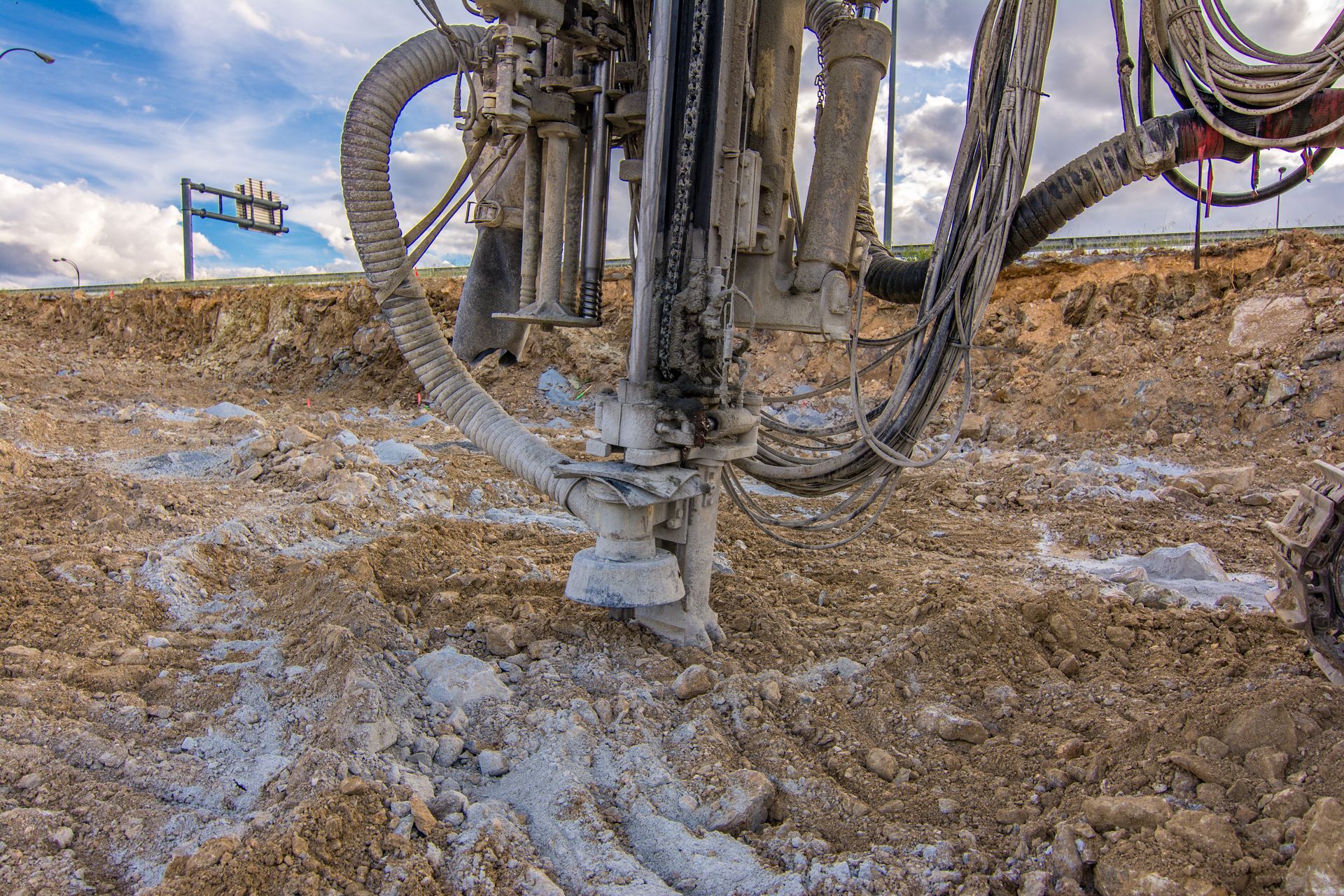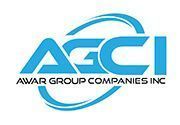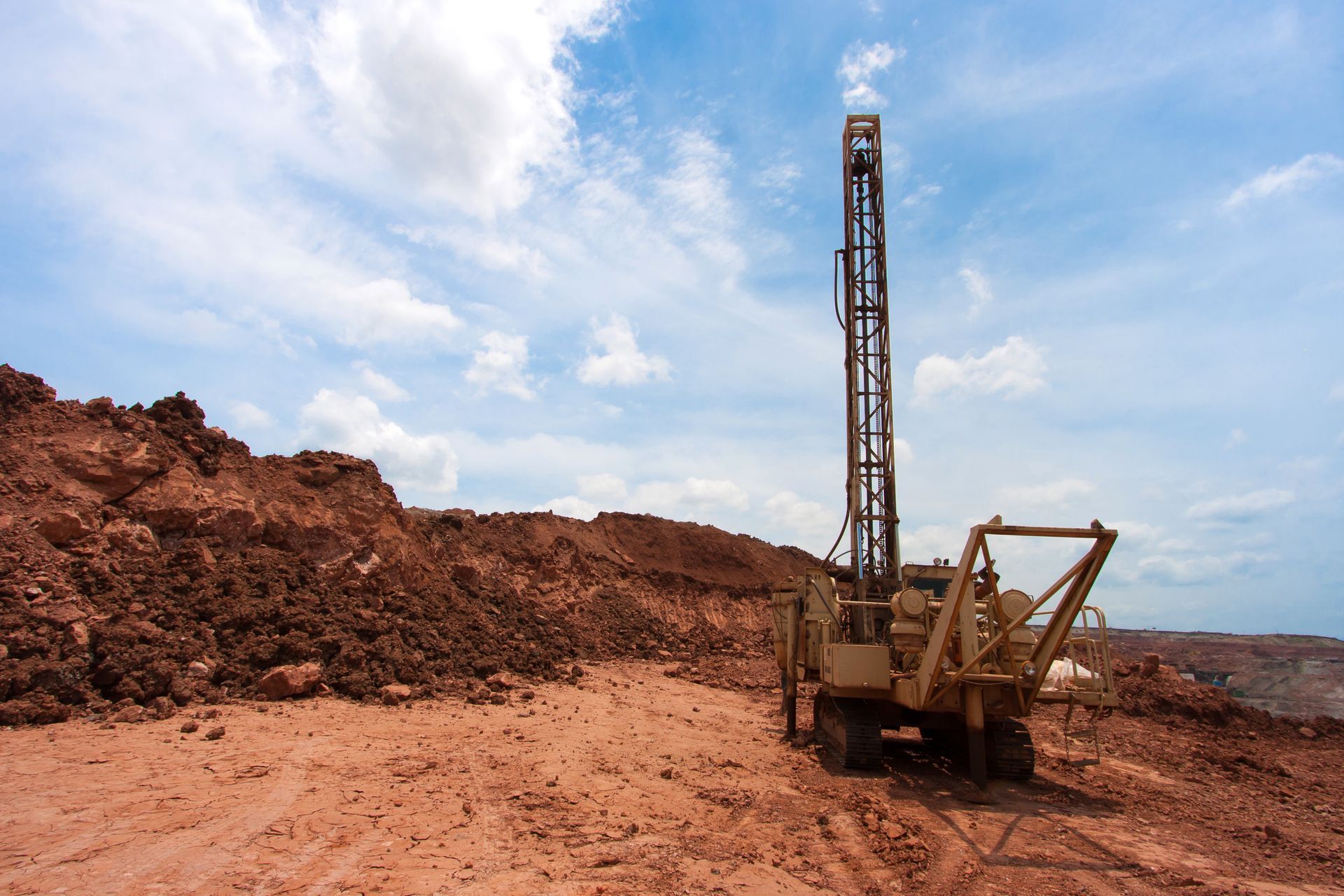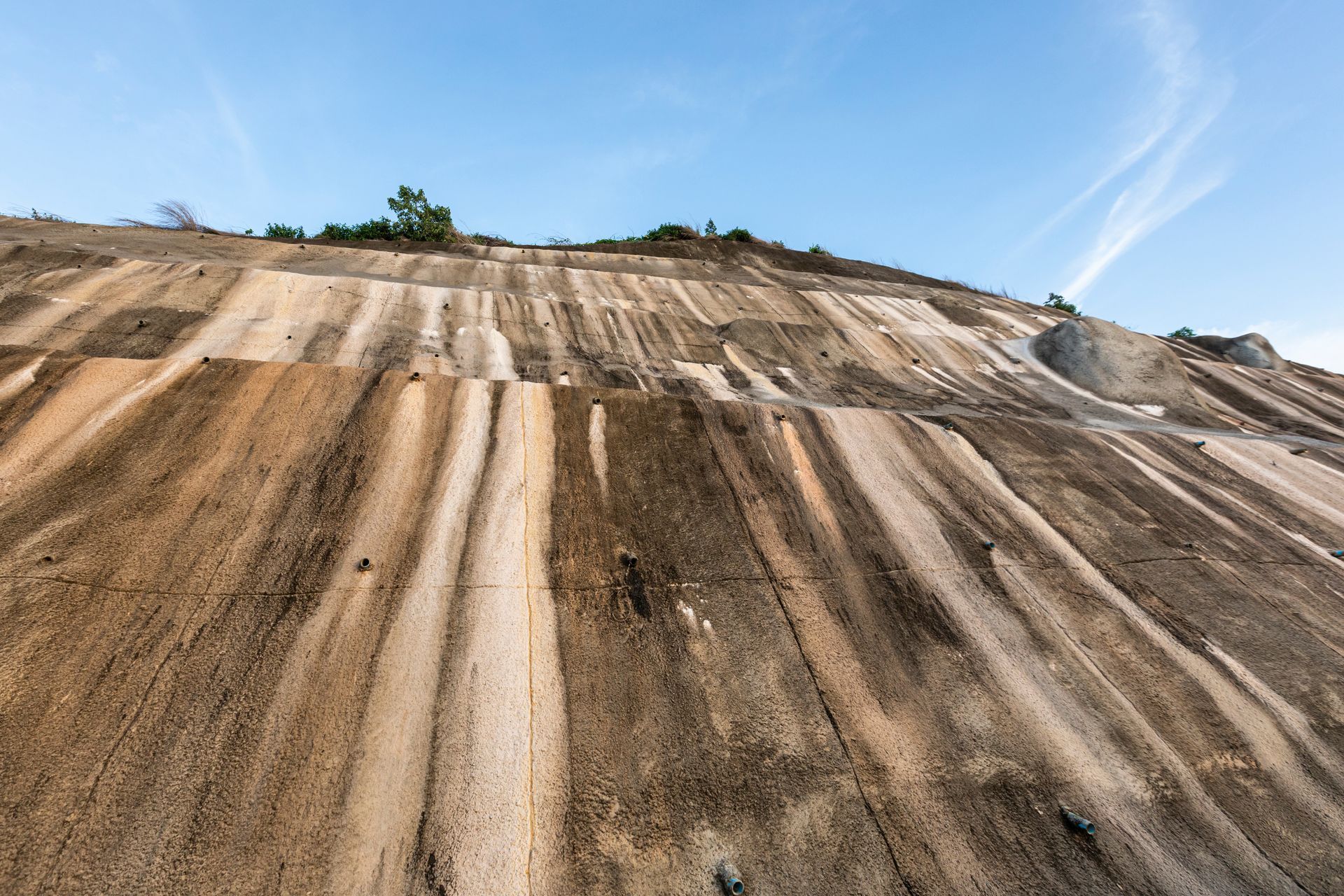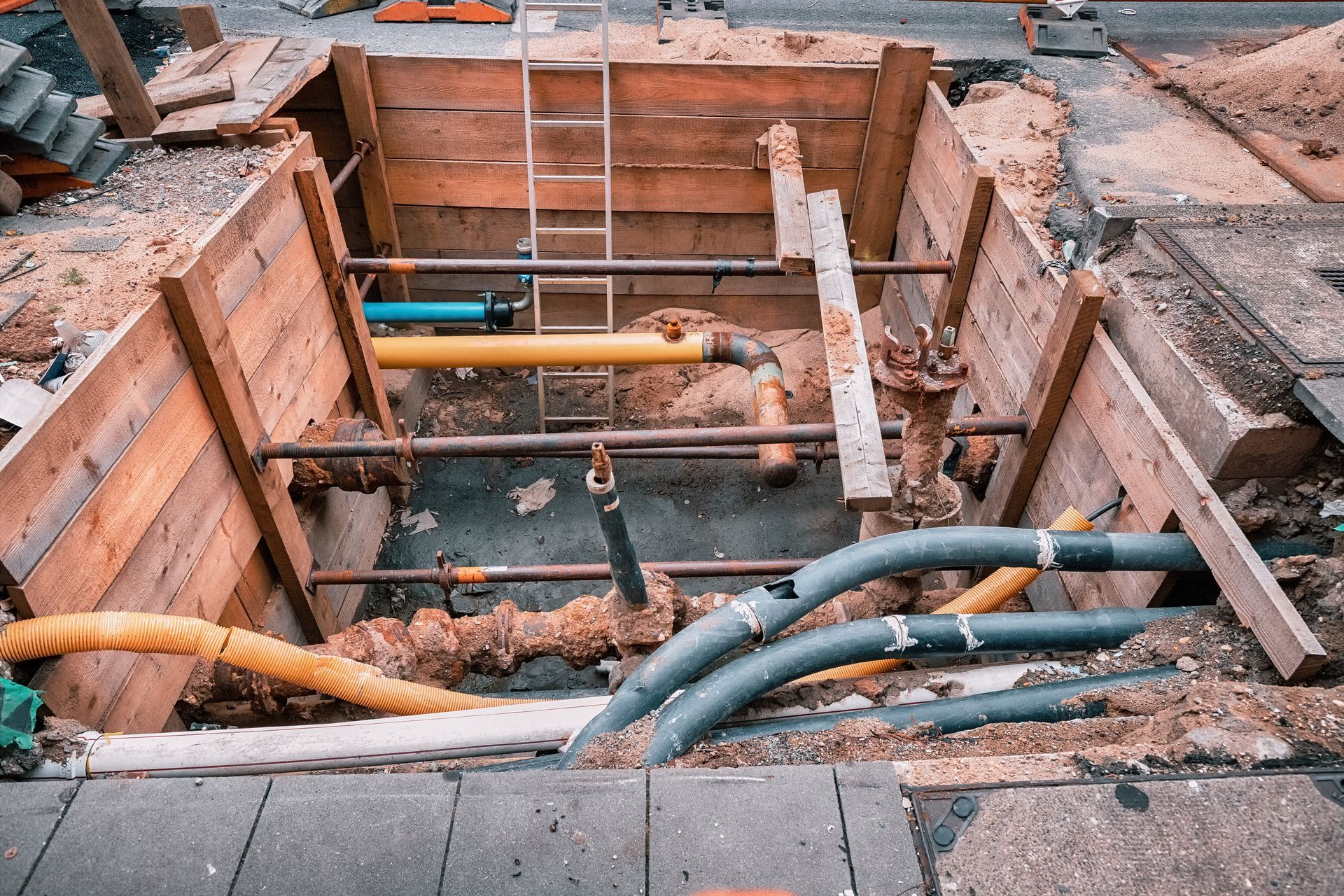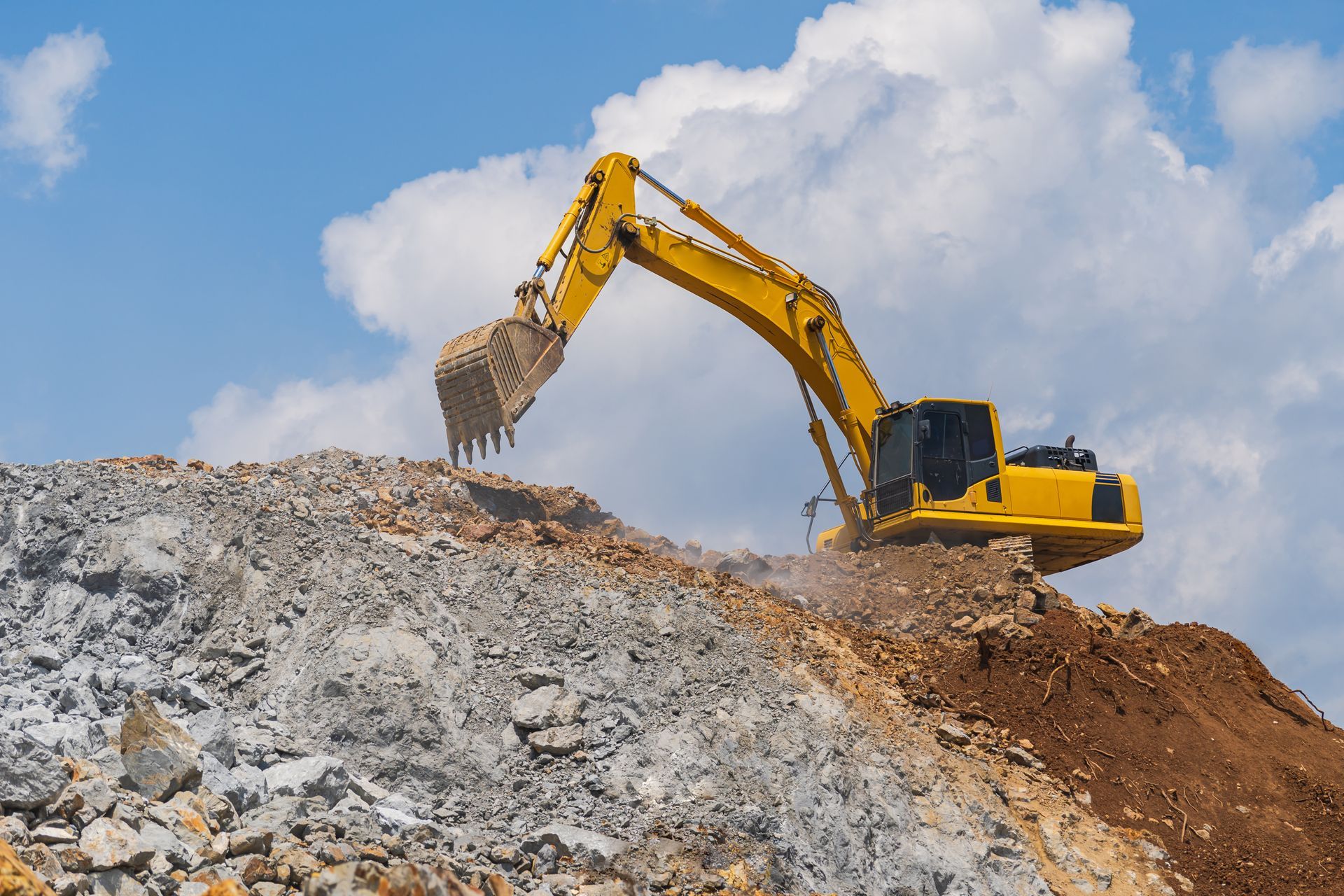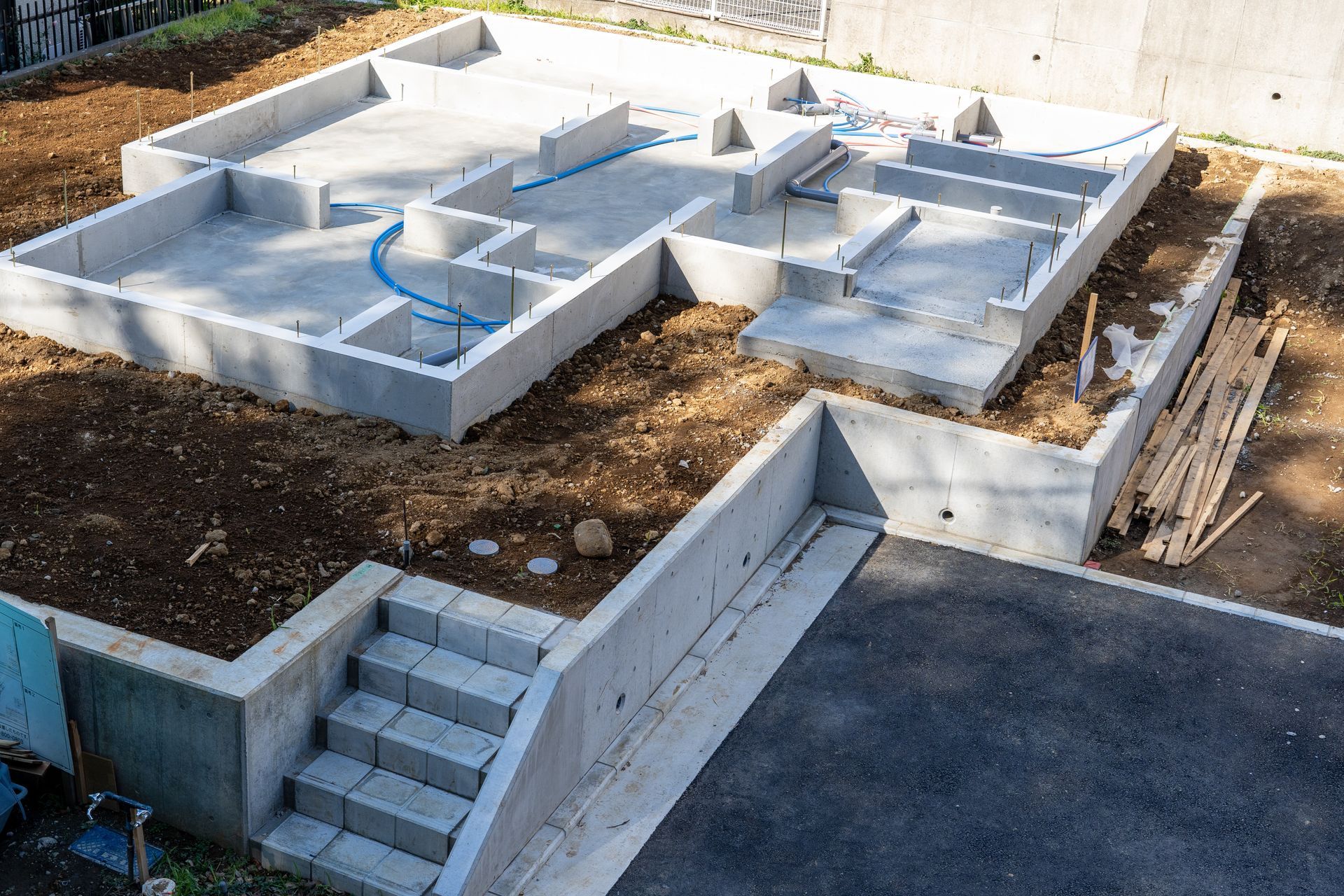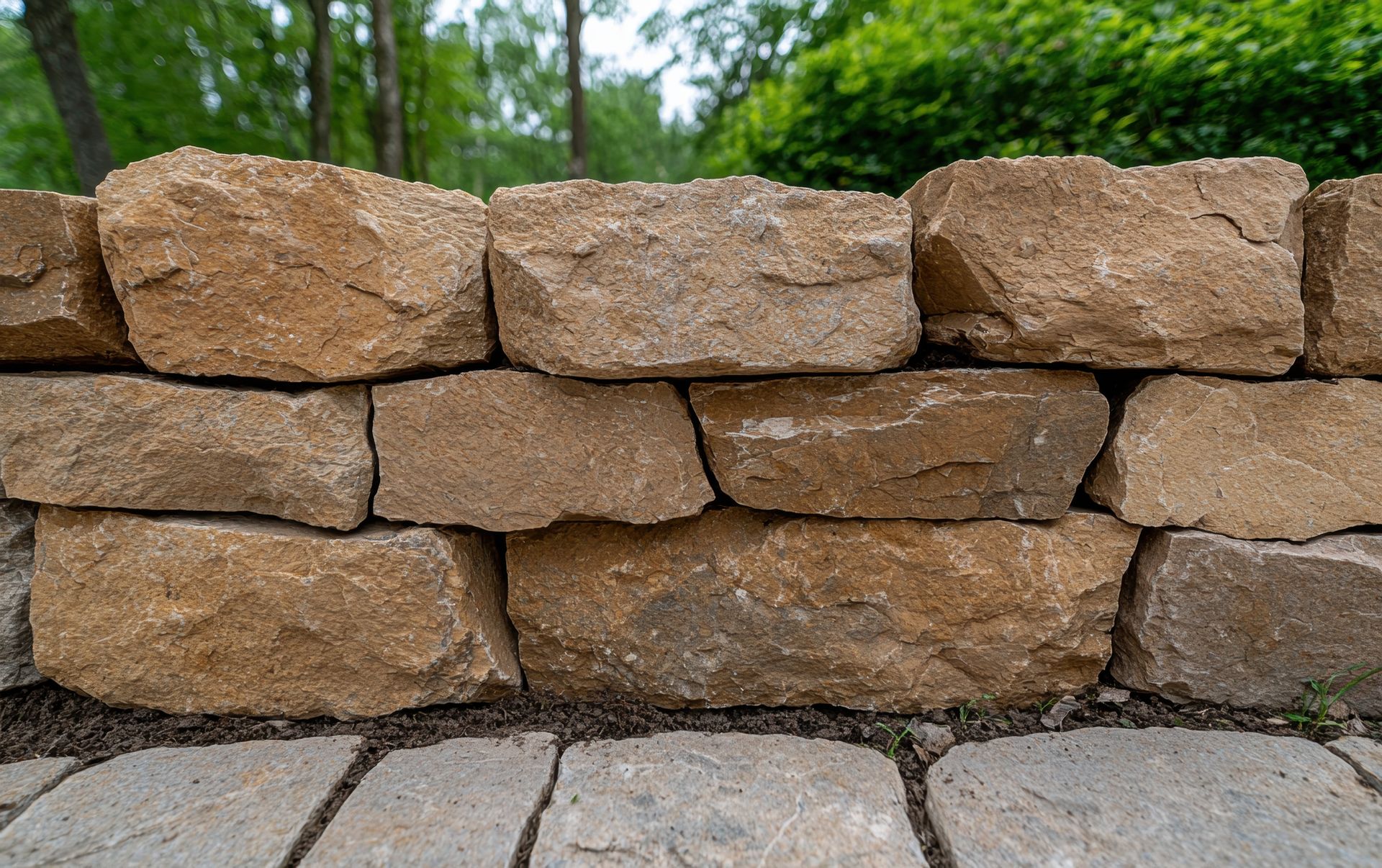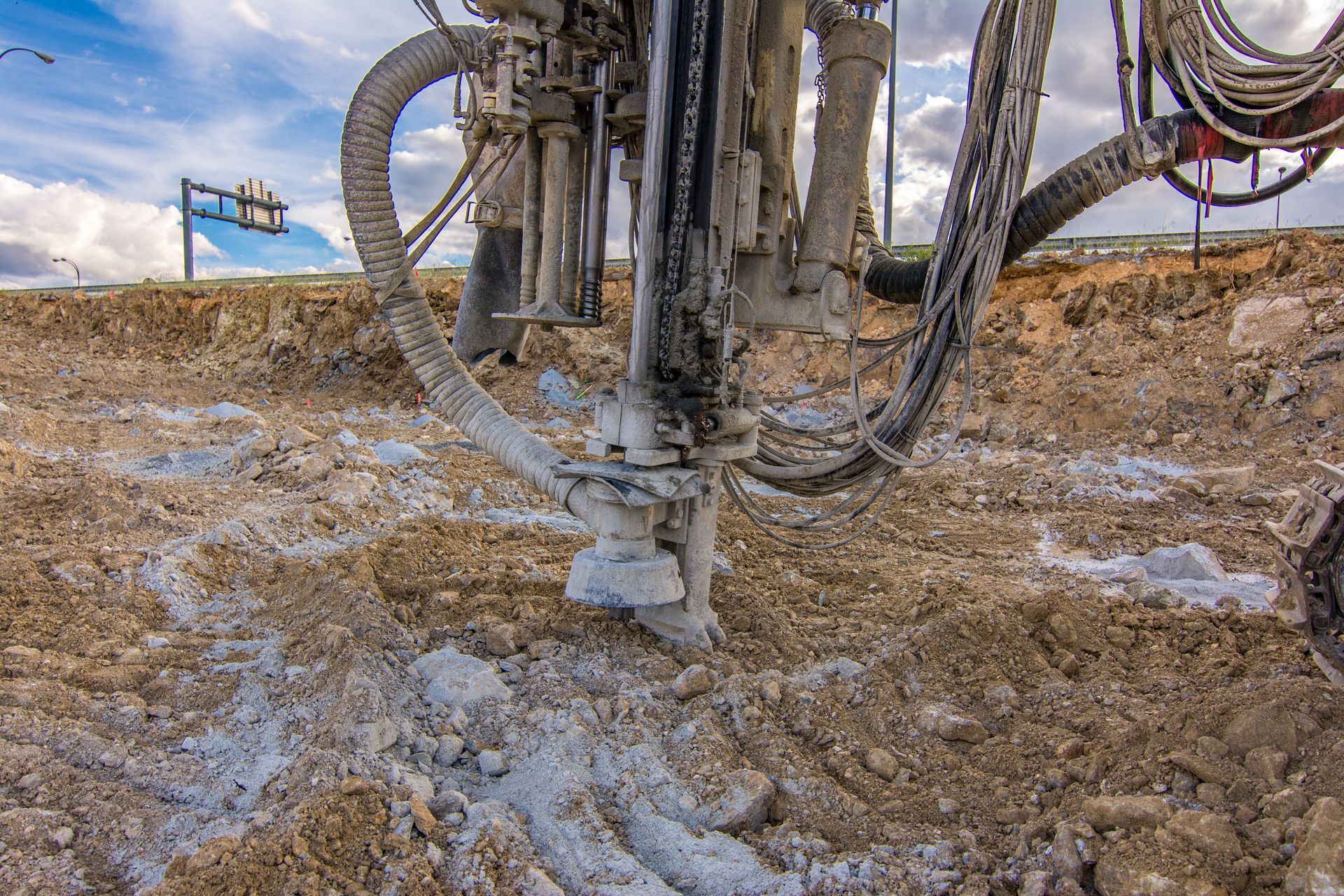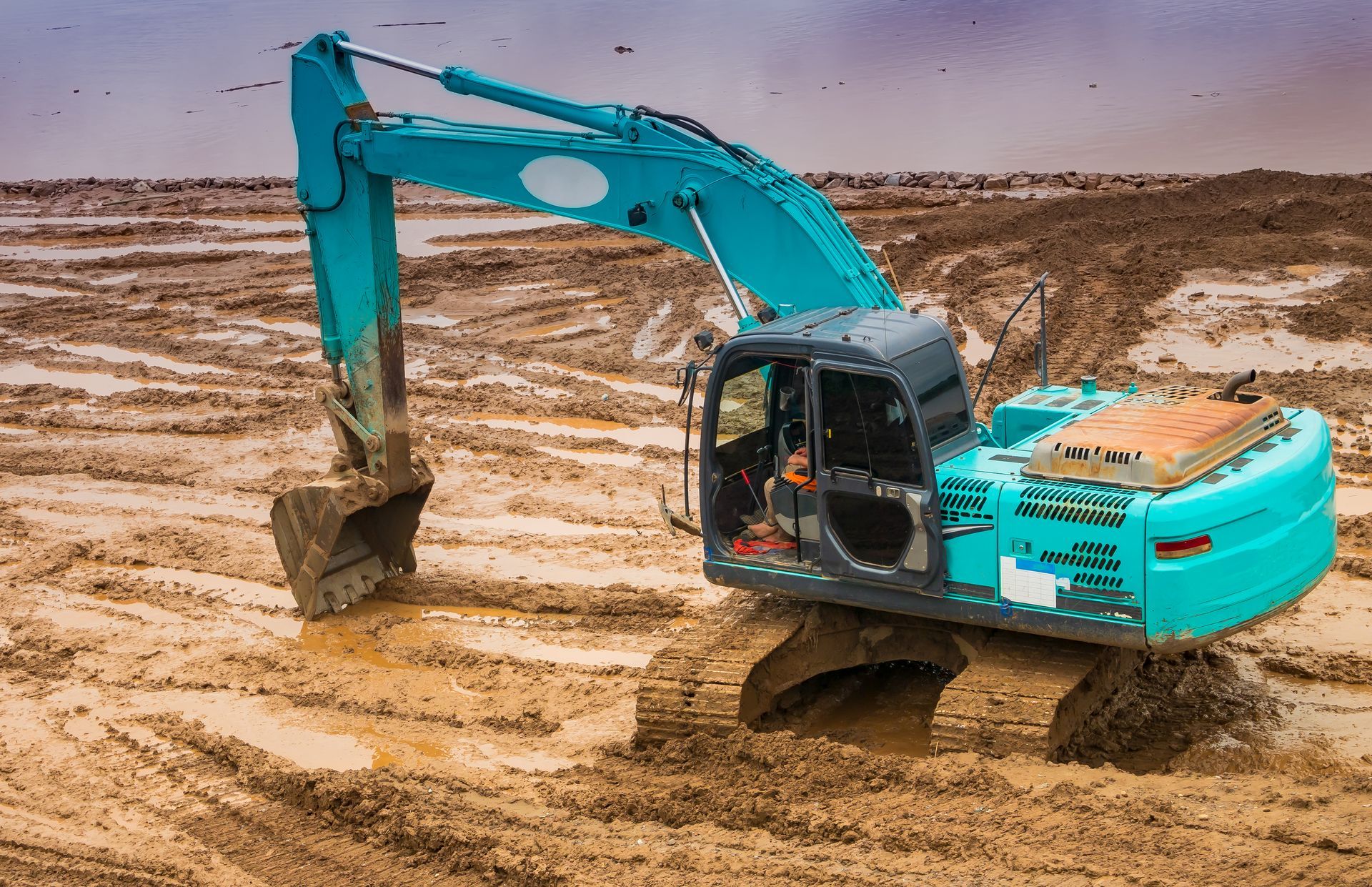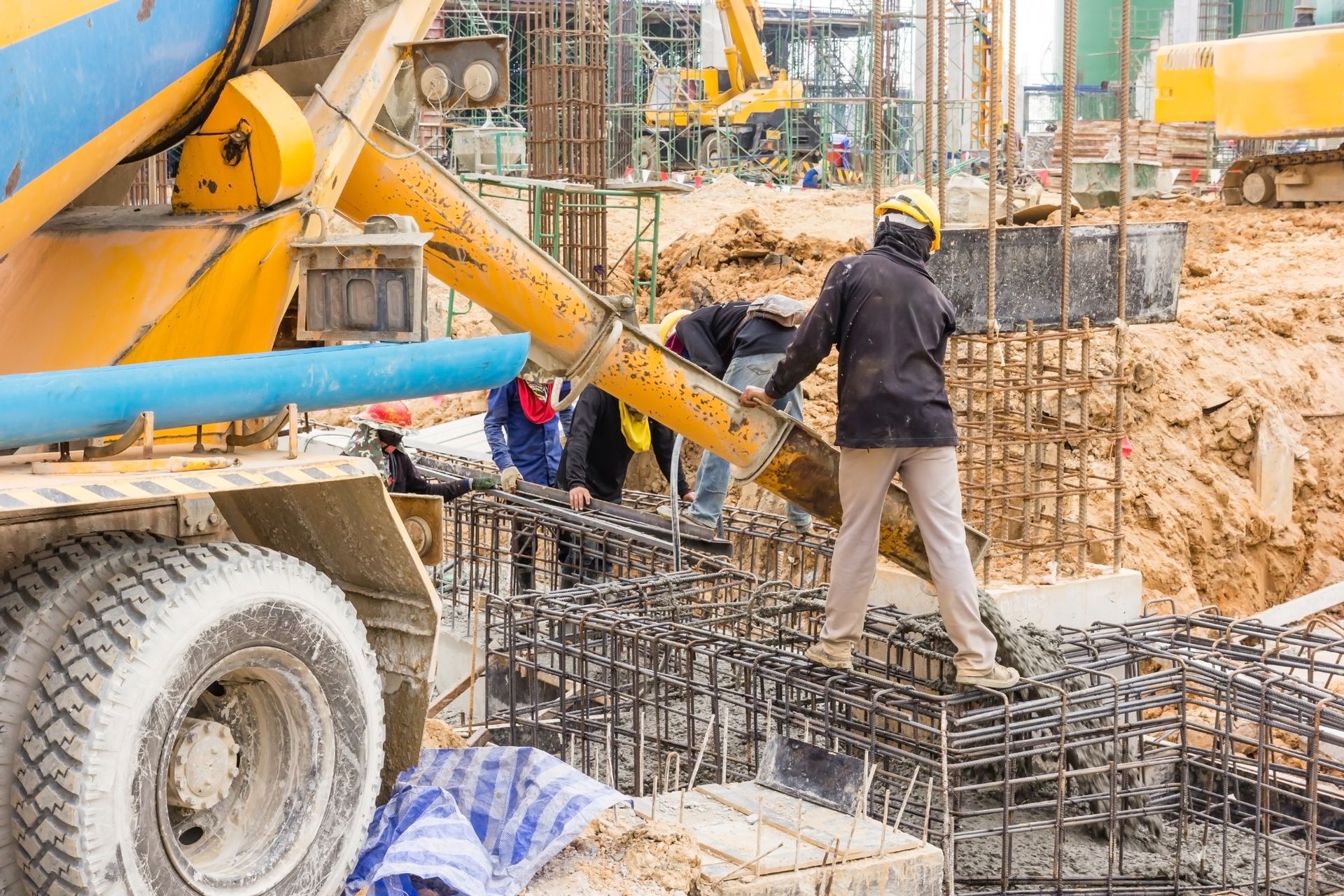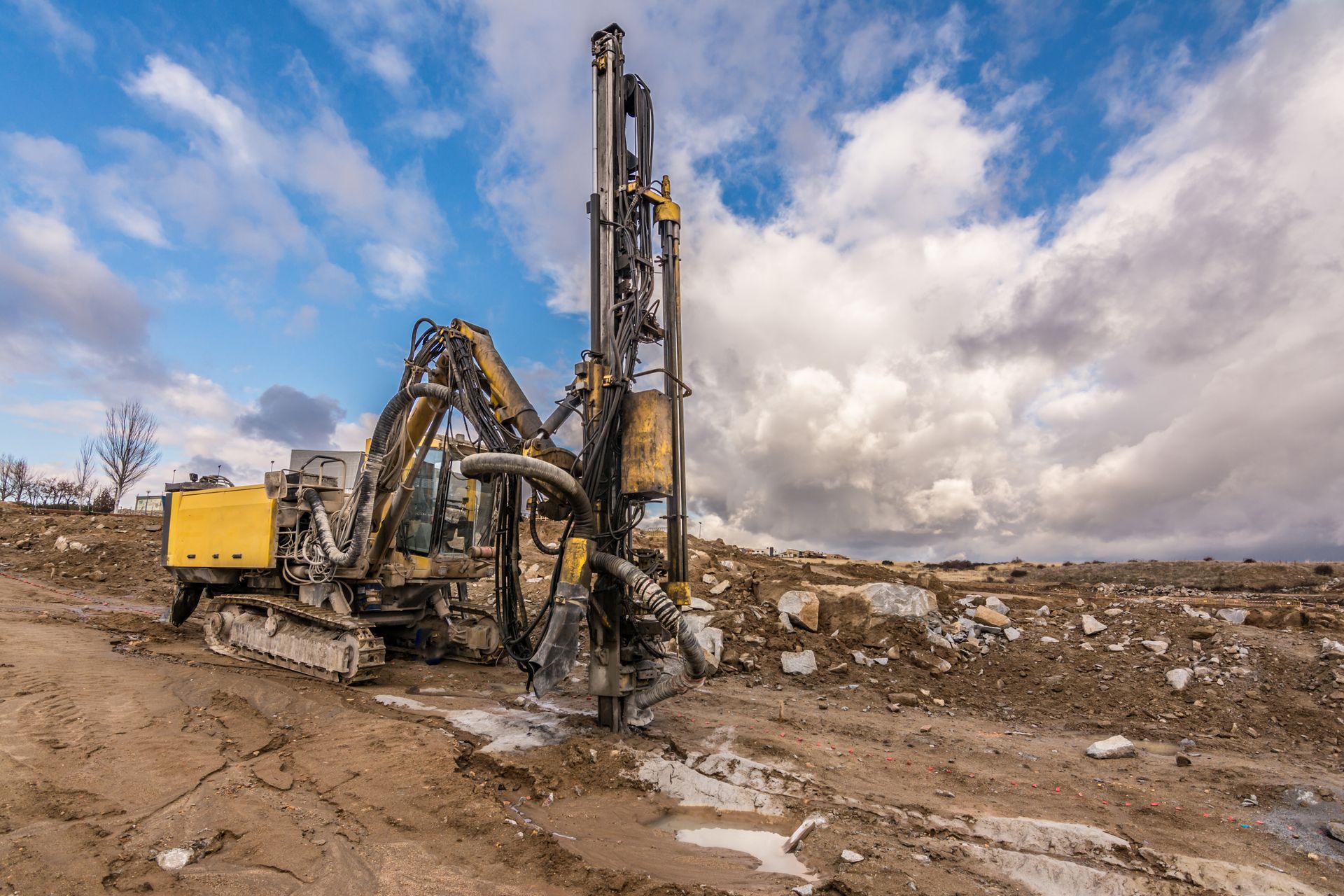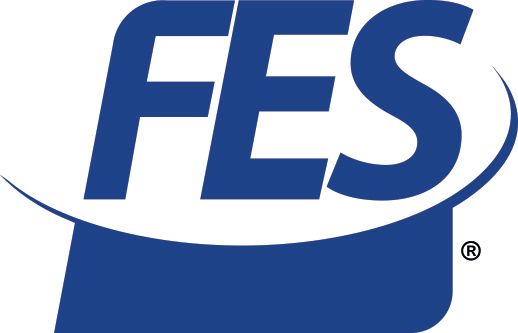The Crucial Role of Geotechnical Engineering in Ensuring Structural Stability
Geotechnical engineering provides the crucial foundation for all construction, guaranteeing structural stability. At
Awar Group Companies, Inc., we specialize in the critical aspects of geotechnical engineering, offering expert solutions that guarantee the stability and longevity of your projects. In this blog, we'll explore the vital role that geotechnical engineering plays in construction, from foundation design to managing water-related issues, and how our services can protect your investments.
Understanding the Importance of Foundation Design
Foundation design is one of the most critical elements in construction, as it determines the structural integrity of a building. A well-designed foundation ensures that the loads from the building are transferred to the ground effectively, preventing issues like foundation settlement. However, designing a foundation is not a one-size-fits-all process. It requires a thorough understanding of the soil conditions at the site, the type of structure being built, and the environmental factors that could affect the foundation over time.
At Awar Group Companies, Inc., we begin every project with detailed soil borings. This process involves drilling into the ground to collect soil samples, which are then analyzed to determine the soil's properties. These properties guide our engineers in designing a foundation that can withstand the loads of the structure while adapting to the unique challenges of the soil at the site. Whether it's a residential building, commercial complex, or a pedestrian bridge, our foundation designs are tailored to meet the specific needs of each project.
Mitigating Foundation Settlement and Water Problems
Foundation settlement is a common issue in construction, occurring when the soil beneath a foundation compresses or shifts, causing the building to sink or tilt. This can lead to structural damage, including cracked walls, uneven floors, and doors that no longer close properly. The primary cause of foundation settlement is inadequate support from the soil, often exacerbated by water problems such as poor drainage or a high water table.
To combat these issues, Awar Group Companies, Inc. employs a range of techniques. One of our key strategies is the use of piles and helical piles. Piles are long, narrow structures embedded deep into the ground to reach firmer soil conditions. Helical piles, which resemble giant screws, are twisted into the ground, providing a strong foundation in areas with weak or unpredictable soil. These solutions help to stabilize foundations and prevent settlement, even in challenging conditions.
Water problems are another critical concern in geotechnical engineering. Excess water can weaken soil, leading to erosion, landslides, and foundation instability. Our team addresses these issues through comprehensive water management strategies, including the installation of drainage systems and the construction of retaining walls. These solutions help to control water flow and prevent it from undermining the foundation.
The Role of Retaining Walls, Bulkheads, and Steep Slopes in Site Stability
In areas with steep slopes or uneven terrain, retaining walls and bulkheads are essential for maintaining site stability. Retaining walls are structures designed to hold back soil, preventing it from sliding or eroding away. They are commonly used in hilly areas or where the natural landscape needs to be altered for construction. Bulkheads, on the other hand, are used in coastal or waterfront areas to prevent soil erosion and manage water levels.
At Awar Group Companies, Inc., we design and construct retaining walls and bulkheads that are not only functional but also aesthetically pleasing. Our retaining walls are built to withstand the pressures exerted by the soil, ensuring long-term stability. For projects near water, our bulkheads provide a barrier against erosion, protecting the land and the structures built upon it.
Steep slopes present unique challenges in construction, as they are prone to landslides and erosion. Our team has extensive experience in working with steep slopes, using a combination of retaining walls, drainage systems, and slope stabilization techniques to ensure the safety and stability of the site. Whether you're building on a hillside or near a body of water, we have the expertise to manage the risks associated with these environments.
Piles, Helical Piles, and Their Application in Challenging Soil Conditions
When dealing with challenging soil conditions, traditional foundation methods may not be sufficient to provide the necessary support. In such cases, piles and helical piles are invaluable tools in geotechnical engineering. Piles are typically used when the soil near the surface is too weak to support the weight of the structure. By driving piles deep into the ground, we can anchor the foundation to stronger, more stable soil layers.
Helical piles offer a versatile solution for a wide range of soil conditions. Their screw-like design allows them to be installed quickly and with minimal disruption to the surrounding area. They are particularly useful in areas with high water tables or loose, sandy soils, where traditional piles might struggle to provide adequate support.
At Awar Group Companies, Inc., we have successfully used piles and helical piles in a variety of projects, from residential buildings to large commercial structures. Our expertise in this area ensures that your foundation is secure, no matter the challenges presented by the soil conditions.
Pedestrian Bridges and the Integration of Geotechnical Solutions
Pedestrian bridges are unique structures that require careful consideration of both foundation design and site stability. Unlike traditional buildings, pedestrian bridges often span areas with varying soil conditions, requiring a combination of geotechnical solutions to ensure their stability. At Awar Group Companies, Inc., we take a comprehensive approach to pedestrian bridge construction, integrating piles, retaining walls, and drainage systems to create a safe and durable structure.
One of the key challenges in pedestrian bridge construction is managing the loads placed on the foundation. These bridges must be able to support not only the weight of pedestrians but also the dynamic forces generated by movement. Our team uses advanced engineering techniques to design foundations that can handle these loads, ensuring the long-term stability of the bridge.
In addition to foundation design, we also address the environmental factors that can affect pedestrian bridges. This includes managing water flow, preventing erosion, and stabilizing steep slopes near the bridge. By taking a holistic approach to pedestrian bridge construction, we ensure that these structures are safe, stable, and able to withstand the test of time.
Contact Awar Group Companies, Inc. for Expert Geotechnical Solutions
At Awar Group Companies, Inc., we are committed to providing top-tier geotechnical engineering services that ensure the stability and safety of your construction projects. Whether you’re dealing with foundation settlement, water problems, or challenging soil conditions, our team has the expertise and experience to deliver effective solutions.
Don't leave your project’s stability to chance. Contact us today at
(757) 287-1737 to discuss how we can assist you with your geotechnical needs such as
retaining walls,
drainage improvements,
slope stabilization, and
more. Trust Awar Group Companies, Inc. to protect your investment with our comprehensive geotechnical engineering services.
FAQ
What is foundation settlement, and how can it be prevented?
Foundation settlement occurs when the ground beneath a foundation compresses or shifts, causing the structure to sink or tilt. It can be prevented by using piles or helical piles to reach more stable soil layers and by addressing any water problems that may weaken the soil.
How do helical piles differ from traditional piles?
Helical piles are screw-like columns that are twisted into the ground, providing strong support in various soil conditions. They are quicker to install and cause less disruption than traditional piles, making them ideal for sites with difficult soil or tight spaces.
Why are retaining walls important in construction?
Retaining walls are essential for preventing soil erosion and managing steep slopes. They hold back soil and prevent it from sliding or eroding, which is crucial for maintaining the stability of a construction site, especially in hilly or uneven terrain.
What are the signs of water problems affecting my foundation?
Signs of water problems include cracks in walls or foundations, uneven floors, and doors that no longer close properly. These issues indicate that water is weakening the soil beneath your foundation, leading to potential settlement.
How does Awar Group Companies, Inc. ensure the stability of pedestrian bridges?
We ensure the stability of pedestrian bridges by integrating advanced foundation designs with geotechnical solutions like piles, retaining walls, and drainage systems. Our approach takes into account the unique challenges posed by varying soil conditions and environmental factors to create safe and durable structures.
